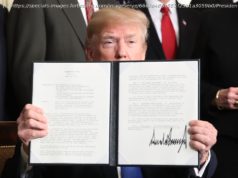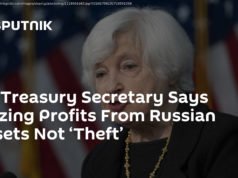No coronavirus vaccine has been approved for general use in the Philippines, nor is one expected to arrive, officially, until at least February. But soaring demand among Chinese workers is driving a black market where vaccine doses are sold for many times the standard $30 price in China.
Stars and Stripes is making stories on the coronavirus pandemic available free of charge. See other free reports here. Sign up for our daily coronavirus newsletter here. Please support our journalism with a subscription. MANILA, Philippines — The message in late December wasn’t meant for Jesse, a newcomer working at an offshore gambling operator in the Philippines. But her eyes fell on a group chat on her colleague’s unattended phone, detailing plans to administer coronavirus vaccines this month to her Chinese co-workers. Her colleague had sent their peers a reminder „to make sure when they get vaccinated, they have to wear long sleeves… to cover the cotton after the injection,“ said Jesse, a Filipino who chose to go by her nickname for fear of reprisal. „And you’re not supposed to say anything to other employees.“ No coronavirus vaccine has been approved for general use in the Philippines, nor is one expected to arrive, officially, until at least February. It is illegal to import unauthorized pharmaceuticals. But soaring demand among Chinese workers, many of them employed in the Philippines‘ lucrative online casinos catering to gamblers in China, is driving a black market where vaccine doses are sold for many times the standard $30 price in China. The underground distribution exposes pandemic inequalities and problems with immunization drives in places plagued by corruption and patronage. In Southeast Asia, where there are millions of overseas Chinese workers, it also threatens to heighten long-standing resentment between local communities and the Chinese population. The bootleg vaccines aren’t limited to Chinese workers. In late December, President Rodrigo Duterte said members of the Philippine military had already taken the coronavirus vaccine from Sinopharm, a Chinese state-owned pharmaceutical company. Members of the president’s security group admitted they had received the shots, angering ordinary Filipinos who are grappling with one of the region’s worst outbreaks yet lack access to vaccines. (Sinopharm’s vaccine has been approved for general use in China, but not in the Philippines; the company did not respond to requests for comment.) „Time and again, health workers are being neglected,“ said Reigner Antiquera, president of the Alliance of Young Nurse Leaders and Advocates. „Nurses, doctors, and other health workers should be prioritized in receiving these vaccines because they are the most at risk and exposed to the virus.“ It is unclear how unauthorized vaccines fell into the hands of those close to Duterte, whose centerpiece domestic policy has been a war on illegal drugs. Defense Secretary Delfin Lorenzana confirmed to local media that the doses were smuggled in but said this was „justified“ because Duterte’s security team had to keep the 75-year-old leader safe. Harry Roque, the presidential spokesman, said the vaccines were a donation, without identifying the source. In a Jan.4 speech, Duterte told his security team to „shut up“ and not cooperate if Senate lawmakers probed the affair as part of an existing inquiry examining the government’s vaccine program.
Start
United States
USA — Financial Black market for illegal coronavirus vaccines thriving in the Philippines






